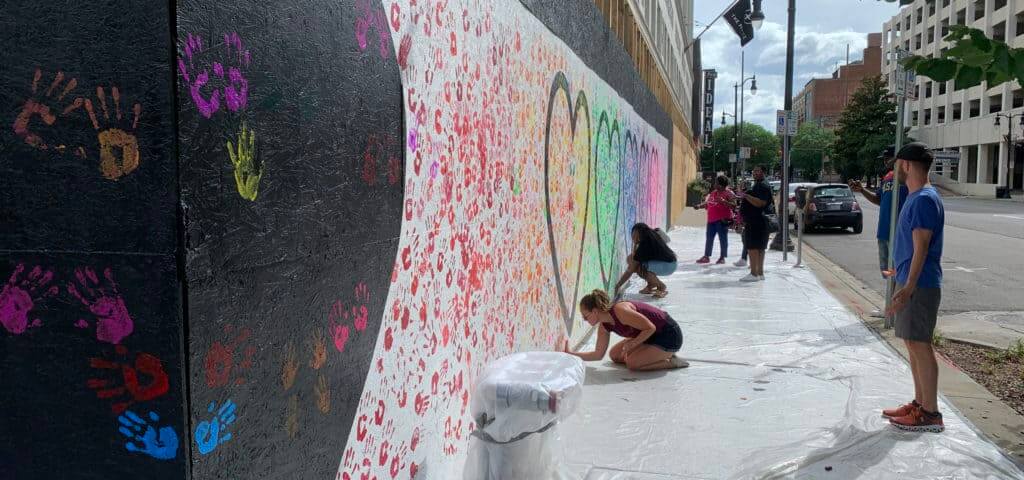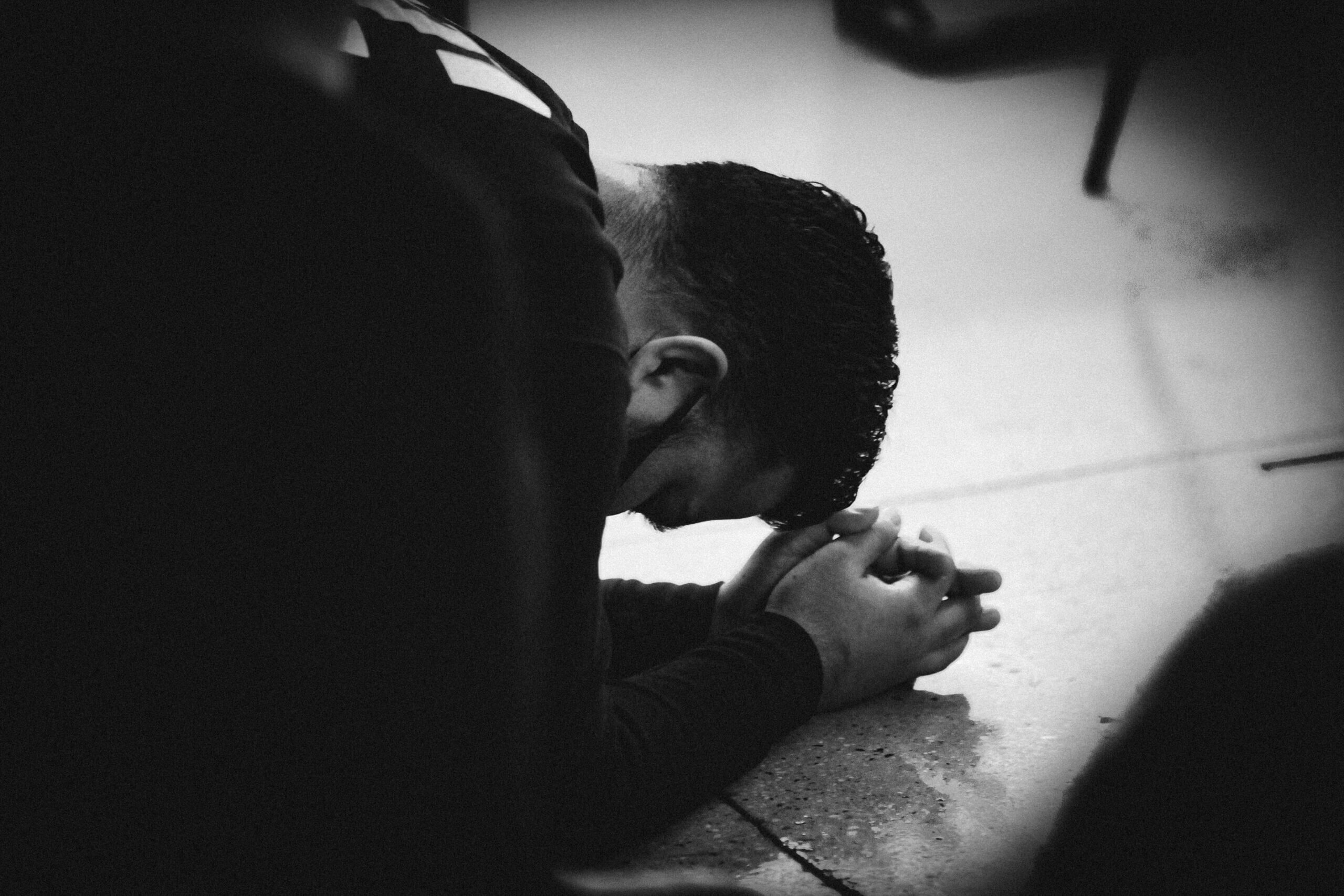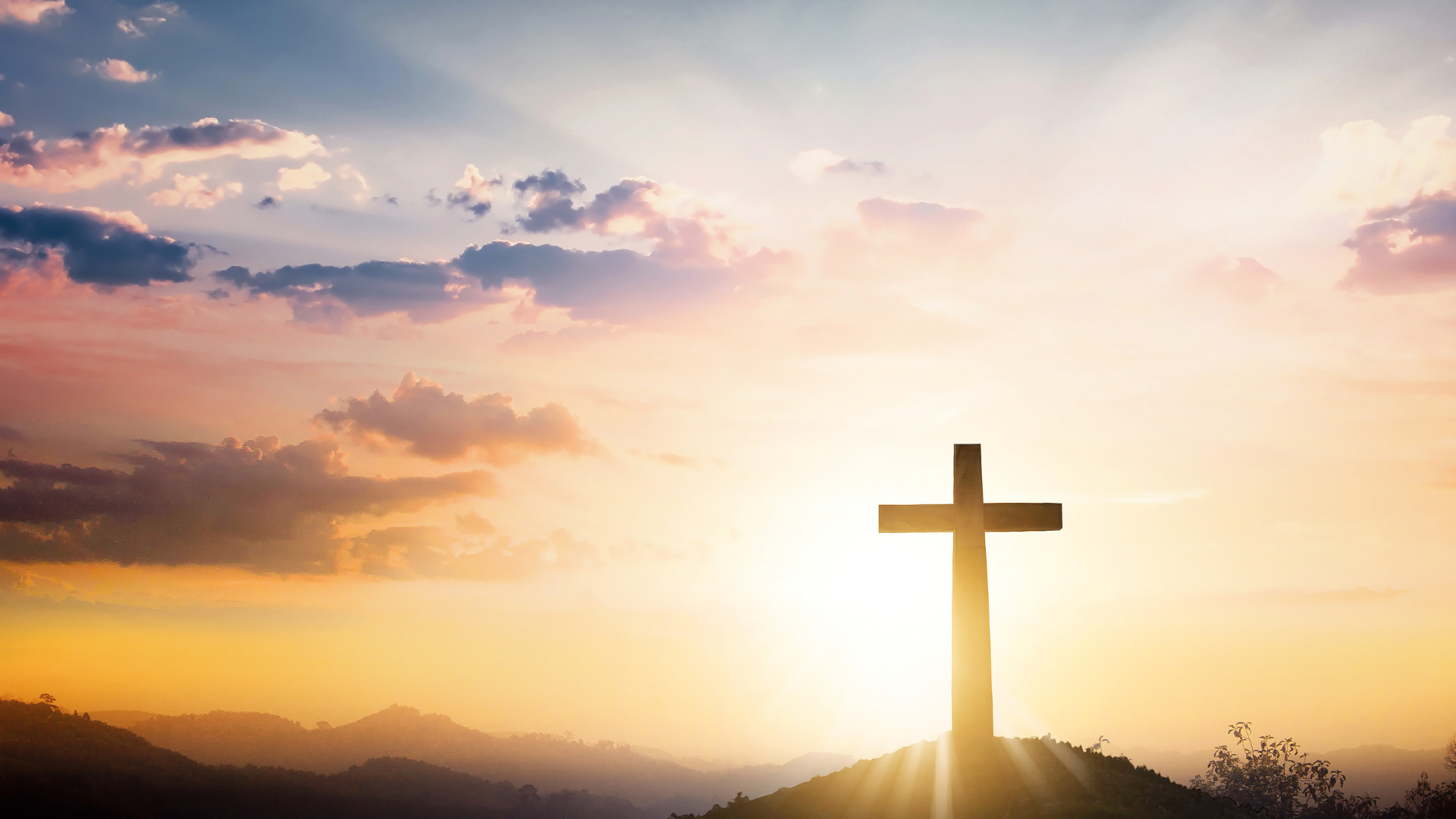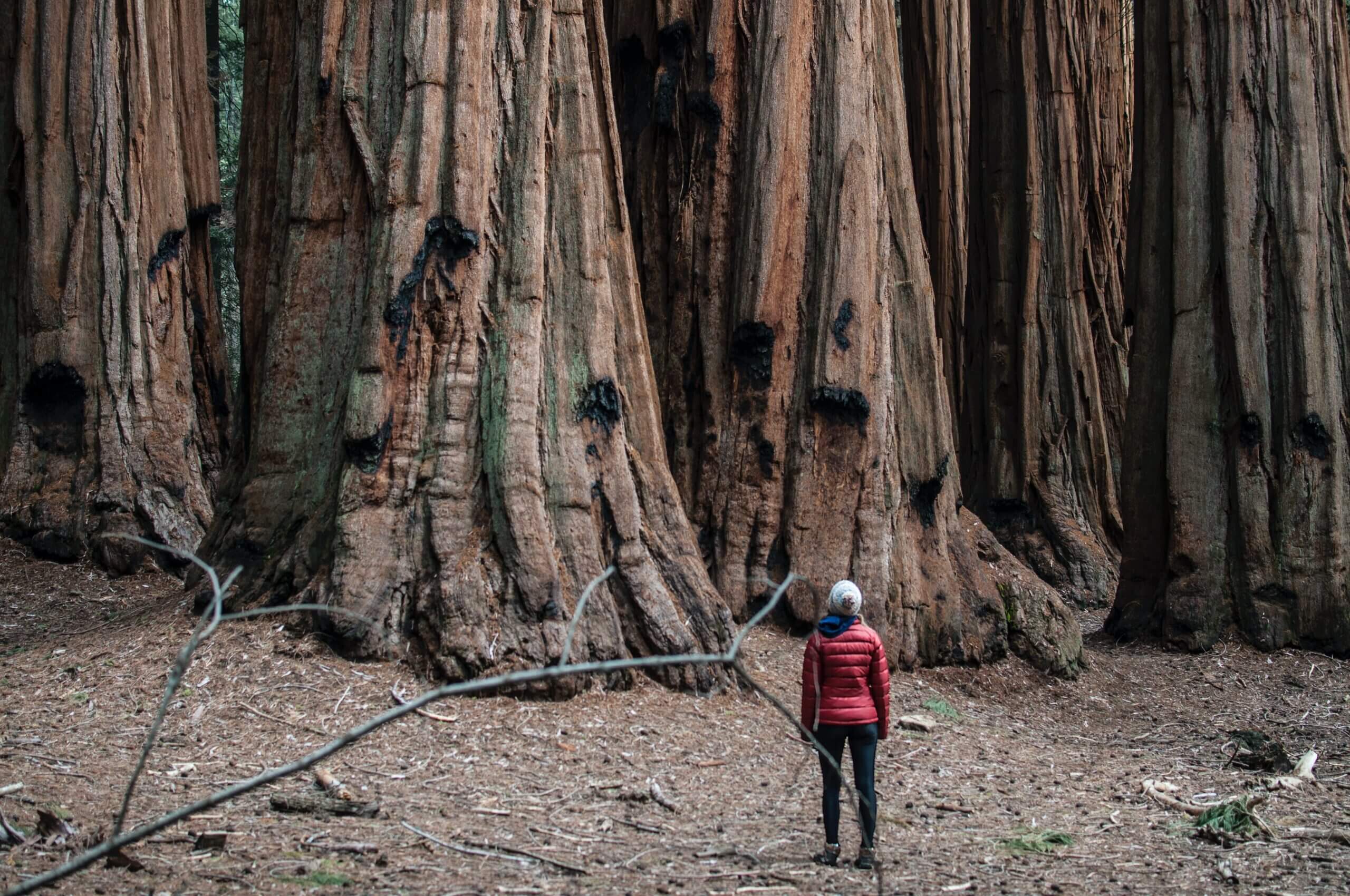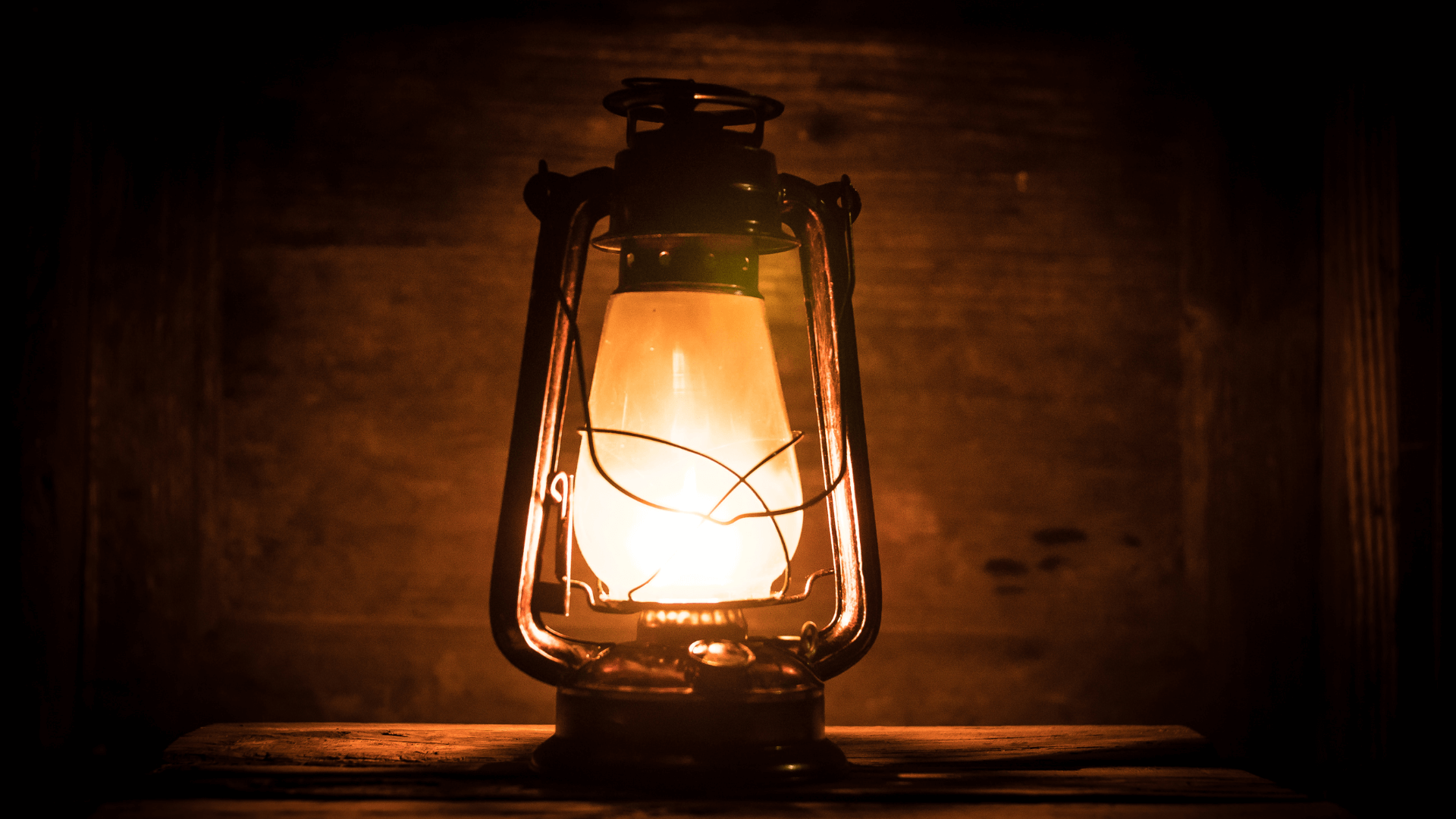The box still had half a large pizza in it, and it made kind of a dense, rattly thud when my friend slammed it on the hood of a sedan in the middle of the road.
She was done.
We were living on the other side of the world in a country where our white skin stood out and where the color of it said things about us, things that weren’t true. We went places — the mall, the grocery store, school — and people automatically assumed things of us. Especially us women. It was an uphill battle to show them those things weren’t true.
And that day at dusk, as we were walking out to catch a taxi back to our apartment with that leftover pizza, my friend — a kind, mild-mannered person — had heard one too many catcalls and endured one too many unwanted touches. Over her year there, they had built up like a powder keg and she didn’t even realize it. Until that car. And that man. And that thousandth inappropriate comment that she didn’t deserve just because of the color of her skin. Her rage came down in the form of a pizza box she swung like a battle ax.
One year. That’s all it had been.
I’ve thought about that incident several times over the past week, not because it makes me feel like I understand anything about what’s going on in the lives of people of color in my country — but because it makes me only begin to see the depths of how little I understand. When I think back over my life, this is the only memory I can come up with of anything that even remotely feels like being treated unfairly because of the color of my skin, and that wasn’t even in my own country. My life wasn’t threatened. And if I’d wanted to, I could’ve gotten on a plane at any time and come back to my home in a country where that didn’t happen. So could my friend. And that’s a privilege. A white privilege. This week, that realization brought me to tears.
I don’t know what it feels like to experience “death by a thousand paper cuts,” to live in the reality of taking your dog out for a walk and seeing people watch you through their windows with suspicion. I don’t know what it’s like to worry that your husband or brother or son might not come back from a jog because of the color of his skin.
I don’t understand those things. Because I can’t. But there is something I can do … something I didn’t even realize I wasn’t doing before. I can see those things. I can know they’re happening. I can be aware that other people do have those very valid fears. And I can invest in trying to change that reality in any way I possibly can.
When the script got flipped … on me
Our small group over the past few months has been steadily working through the narrative story of the Bible, and a few weeks ago we found ourselves in Judges 19. I’ll be honest, that’s a chapter I remember stumbling across when I was a teenager and bored in church, and when I read it my brain exploded. (It’s a story about gang sexual assault and murder.) I wondered … how could this be in the Bible? It’s hard to read even when you have some understanding of what’s going on, but when you stumble across it on its own and pull the story out of the larger narrative — the history, the culture, where it fits in the story of our brokenness as humans and our desperate need for Christ’s mercy — it’s almost impossible to know how to process it.
But at that point a few weeks ago, we as a small group had been climbing the narrative arc, and we saw it coming. We’d been watching the slow spiral of God’s people as they made small choices over and over that took them further and further away from a white-hot love of God. We saw these choices impact them in a lot of ways, and one was in the way they cared for the people who needed them the most. Then we saw that gut-wrenchingly displayed in Judges 19, the story of a man who allowed the abuse and murder of a woman he supposedly cared about — while he slept through it.
He. Slept. Through. It.
As I studied the passage, even though I knew what was coming, I felt fresh white-hot rage and deep sadness — this man, a Levite, is supposed to be a man of God. What is he even doing? That’s no way to portray the God we know, the One who weeps for the hurting and the voiceless and runs to their aid. I felt myself growing in what I felt was righteous anger for the name of God, for His love for all people and for this defenseless woman.
And then it happened. I was reading through the questions in the small group tool, and the writer of those questions flipped the script. Instead of asking me to stand back and look at the man and ask, “What should we do to change the hearts of people like that?,” the question put me in his skin: “The Levite slept as his concubine was being brutalized and killed. What injustices does the modern-day church sometimes seem to be asleep to? Like the Levite, what does the church sometimes value more than standing up for the defenseless?”
It wrecked me. I’m NOT him, I quickly thought. I want desperately to love people, all people. I want them to see the love of Jesus in me. And I’d help anyone I had the chance to. But I couldn’t shake the thought … but don’t you think there are plenty of ways you get it wrong that you don’t even see? Or injustices going on that are easy for you to forget, or not actively try to understand or change because they seem too big? Things that push you out of your comfort zone? Things you’re sleeping right through?
Waking up
There was that. And then came this past week. I watched the George Floyd video and wept, and I read the other names and revisited their stories or heard them for the first time, and I thought … it can’t have only gotten this bad just now. This has been going on for a long, long time, and I just haven’t paid enough attention. I’ve heard isolated stories, and I’ve grieved and been moved, but I haven’t moved. I haven’t invested time in piecing the whole story together, in understanding the whole narrative — and then doing something.
But this week, I started moving … by sitting still. I thought about Judges 19, and I pushed back my first thought (“But I’m not racist”) and tried to let the light shine in my own heart and show me where I’m spiritually asleep. I’ve been listening. Reading. Watching. I think I’ve read and watched more about systemic racism in the past few days than in the rest of my life combined. And earlier this week, I — along with hundreds of thousands of others — stepped into the living room of Dr. Tony Evans through an Instagram video that Priscilla Shirer posted. I listened to him humbly share with his grandsons how to live well in this broken world. What it all comes down to, he told his grandsons, is this — honor God, and care about people. Start looking at people by their character, not by their color.
Toward the end, he took questions from those who were watching live and graciously answered a question about how people who didn’t share his skin color could be a part of standing up for him and others.
Here’s what he said: It starts at the heart of each person and their individual responsibility before God — we must “proactively seek to rebuild and develop relationships that model unity.” Next, we move to our families — we have to “transfer a Kingdom value to our children” and intentionally connect them to other families who are different from them and serve together. From there, we build a Church that changes the culture by being who we’re supposed to be, serving well and taking responsibility for rebuilding our communities together. And on a civil level, we prick the government’s conscience by calling for structural change in a righteous way.
“Use your voice to call others to action,” he said.
Using my voice
So that’s what I’d humbly like to do. I haven’t known what to say this week, or whether to say anything at all — I don’t want to say the wrong thing or feel like I have a voice that needs to be heard in the middle of this. My voice isn’t the one that matters. But if my brothers and sisters in Christ are asking for my voice to come alongside theirs and seek justice for those who need it, then I want to humbly offer that and hope they’ll be gracious with me as I stumble through this. I have a long way to go, but I want to listen and understand as best I can — and act. I want to read the stories of George Floyd, Ahmaud Arbery and so many others and weep with those who weep. I want to find ways to help.
I know it’s complicated, and I know I can’t expect the world at large to love like Jesus — Judges 19 shows a truth we see played out in the world every day, that all of our hearts are broken and busted without Jesus giving us new ones to love people like He does. But I can wake up and intentionally pray and move toward a more active love. I can work on my own heart and on the world right where I am. When it’s complicated, I can rest in the truth that God gave us these words as the first and greatest commandment — love God. And the second — love people.
And I might not know anything else, but I know this — I don’t want to sleepwalk anymore.
This post was originally published here and shared with permission by Grace Thornton. If you would like to be featured in the Dogwood Journal, visit our submissions page.
